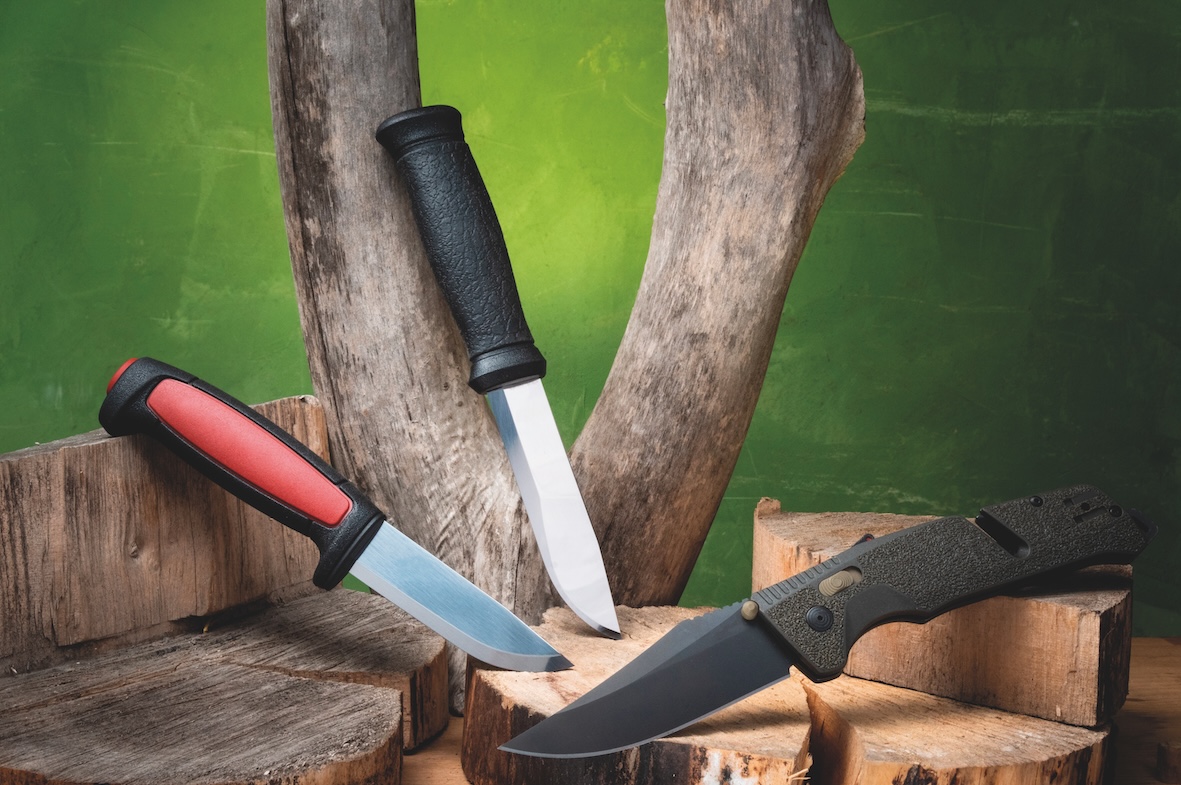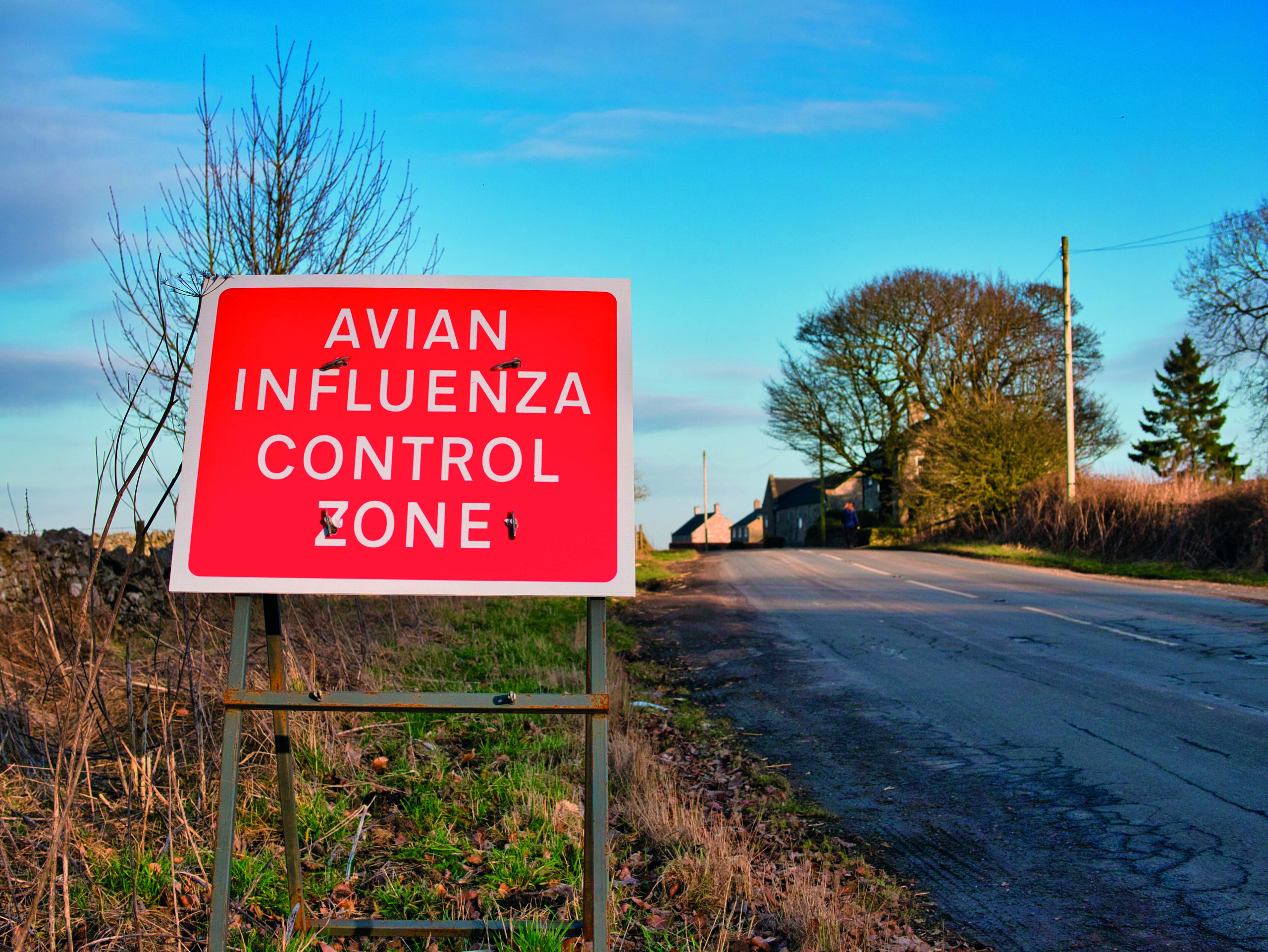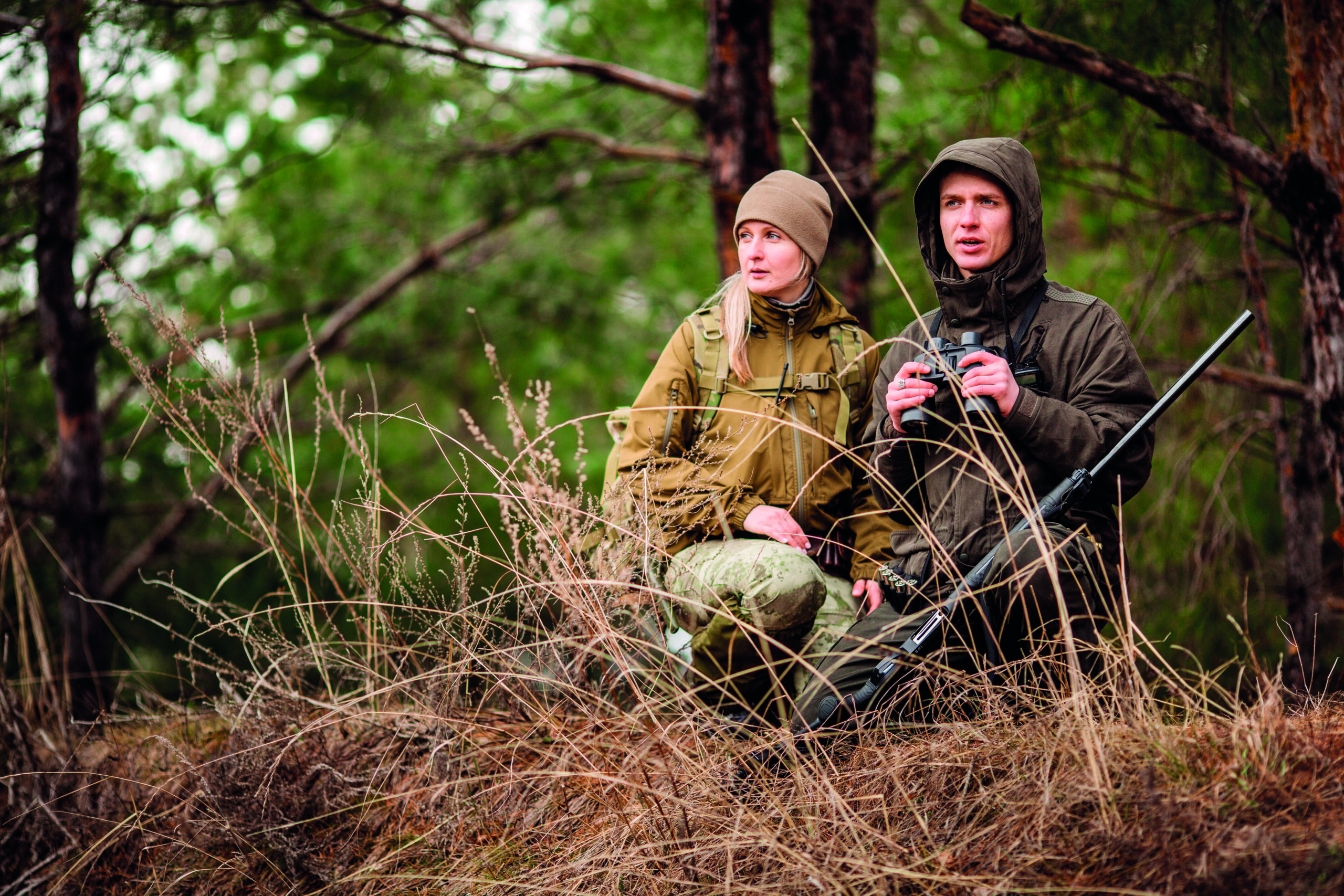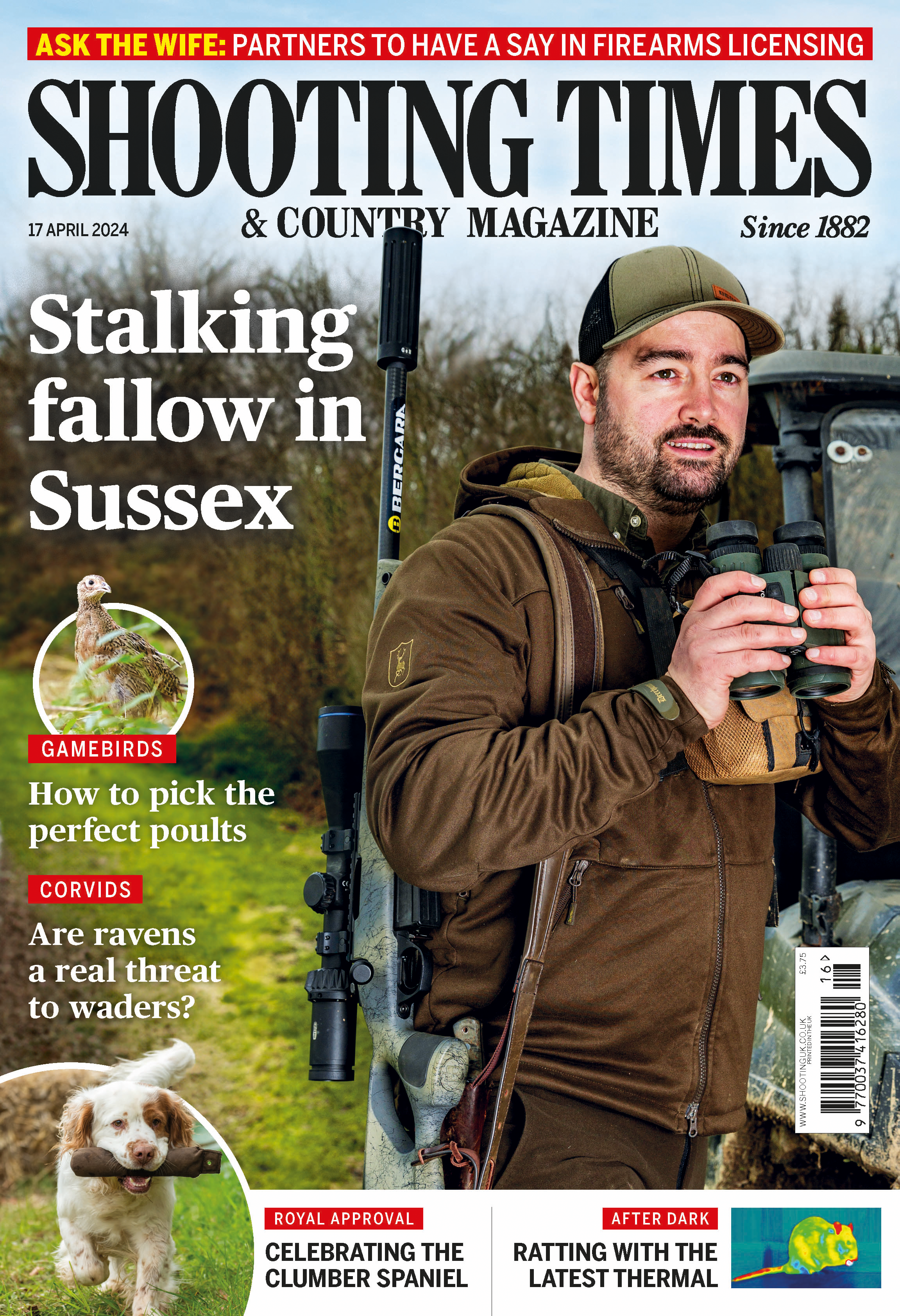Landowners and wildlife. Friends or foes?
This was just one of the debates we attended at the CLA Game Fair this weekend and one which sparked off some lively conversations between panel and audience. On the panel were Owen Paterson MP, Mark Avery, ex-Conservation Director of the RSPB, Phllip Merricks of Elmsley nature reserve and Ian Coghill, Chairman of the Game and Wildlife Conservation Trust.
Even before the panel took their seats, there was a keen atmosphere in the theatre with a packed audience arriving early to be sure of a seat and a ringside view.
The debate didn’t disappointment, with questions from the floor, following introduction and comments from the panel members, ably chaired by Tim Breitmeyer, Vice President of the CLA.
Environments need to be managed
Owen Paterson MP (leading Conservative Backbencher and former Secretary of State for Environment, Food and Rural Affairs) started by giving his observation that land without an owner investing in the ecosystem, (as happened in former Communist countries) can bring catastrophic results. For example, in Albania brooks and rivers were seen to be running black with oil. Environments cannot be improved without cash and need to be managed, not left as wild wildernesses.
Taxpayers and wildlife
Dr Mark Avery then introduced himself as the ‘token leftie’ and stated that there are many types of land ownership. Only land gives you more influence and power to decide what happens on it. Dr Avery also briefly talked about his newly published book, which calls for a ban on grouse shooting. He commented that the big challenge is to make taxpayers’ money work for wildlife.
Ensuring a future for wildlife
Phillip Merricks (who owns Elmsley nature reserve, the only Natural England approved family farmer run reserve in England) felt that landowners and farmers need to be positive about conservation. Conservationists need to understand that landowners and farmers own, manage and affect the land and clearly both sides need each other to ensure a future for wildlife. An adversarial approach might make good headlines, but doesn’t achieve much. There is no alternative but to be friends.
Private landownership vs community ownership
The fourth panel member, Ian Coghill, stated that great care needed to be taken about the alternatives to private land ownership, for example community ownership. The problem with wildlife conservation is that the UK has 64m people in a small country, who expect to consume much of earth’s resources. If wildlife is going to do well, its survival must be integrated into serving the needs of the population. A way needs to be found of putting the wilderness into the farm and managed environment.
An interesting debate between different parties.








